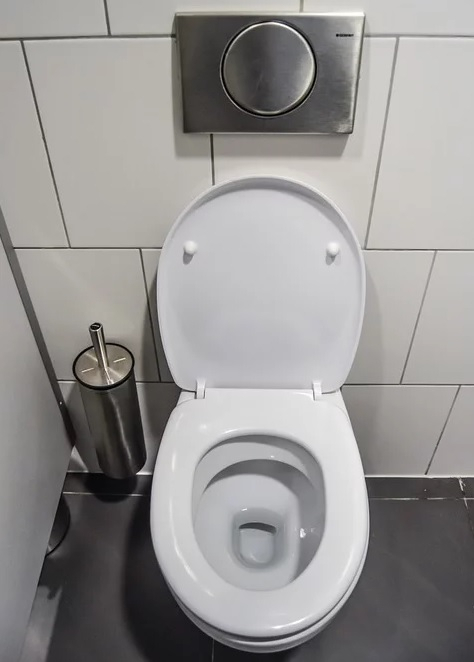A new study, published in the journal Environmental Science and Technology, has claimed that using washrooms on an airplane can turn out to be quite harmful for health. As a part of the research, scientists have tested airplane sewage from five different German airports.
The scientists said that the sewage contain many different antibiotic-resistant microbes, which is much more than the number of microbes in the sewage of nearby wastewater plants and hospitals. The researchers had also tested the sewage from the nearby waste sources.

Severe threat for humans
Microbiologist Stefanie Hess from Technische Universität Dresden in Germany told Science News, "This study clearly shows that the antibiotic-resistance problem is a global problem, and a global effort is necessary to tackle this severe threat for human and animal health."
According to the study, around 90% of the 187 E. coli were tested and they were resistant to at least one antibiotic. The scientists pointed that this is a serious problem as the antibiotic-resistant microbes may lead to serious infections which can turn out to be really difficult and deadly to treat.
Infections may get worse
The scientists said that several types of infections, including pneumonia, gonorrhea, strep throat and foodborne illnesses may really get worse and can be very difficult to treat due to antibiotic resistance. The study added that the total number of antibiotic-resistant bacteria was around 45% to 60% in the samples from the waste treatment facilities.
In 2019, the Centers for Disease Control and Prevention had conducted a research that showed over 2.8 million antibiotic-resistant infections occur every year in the USA and it leads to the death of more than 35,000 people.
Become resistant to antibiotics
The study findings explain that the microbes actually become resistant to antibiotics and treatments due to small changes in their DNA. When they have an encounter with other microbes, then can transfer this resistance to them.
The scientists suggested that the airplane sewage should be managed and treated more carefully by the public health officials to maintain proper hygiene.








